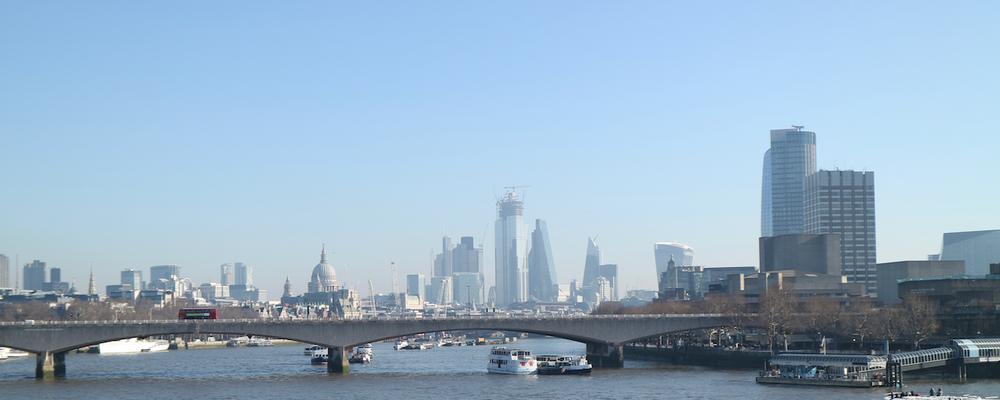
Curating the City (CC)
Transdisciplinary approaches in urban settings. The existing city confronts scholars, practitioners, policy makers and citizens alike when it comes to negotiating the relationship between the urban past, present and future.
The overall aim is, through the prism of 'curating', and more so 'the curatorial', to develop the expert's traditional role in the direction of understanding popular heritage practices and conceptions and dealing with different stakeholders, subject-matters and audiences. Conservation and management are in this framing considered as innovative rather than as constraining practices.
The crucial global challenges of democracy deficit (in terms of intersectionality) as core part of global sustainability (in terms of anthropocenic horizons) are addressed through five tentative themes: Co-curating the city; The city as mnemonic device; Topograhies of knowledge production; Sites of transition: migration and heritage; Deep heritage: Anthropocene and the city.
The cluster organizes activities on regular basis, which are announced in the CCHS newletter, the calendar and social media. Several researchers and research projects at different departments and faculties are connected to the cluster, see "Partner projects". We have set up an international network of researchers and a publication series. For details on our track record of activities as well as current plans, see Plans and reports.
Curating the city, one theme in the CHEurope research school, has four ongoing PhD projects, one of which is placed at UGOT: Moniek Driesse, Dept of Conservation/HDK.
Curating the City is in partnership with The Culture Hub, a research project set up between the City of Gothenburg and the University of Gothenburg, with the aim to build a sustainable platform for collaboration, learning, method and theory development on the role of culture and cultural activities for sustainable urban development. The aim is to follow, analyze and contribute to the city’s ongoing work in this realm, and also to develop regional and international cooperation. The Culture Hub is financed by Mistra Urban Futures (UGOT and The City of Gothenburg).
Curating the City is engaged the Environmental Humanities Lab, a group of UGOT-based researchers from several faculties that collaborate in strategic activities that make use of artistic, humanistic and heritage perspectives on the environmental challenges that come with the anthropocene. The aim of EHL is to make up informal sustainable platform for collaboration, learning and research. The lab format is informal. The EHL welcomes scholars from all faculties, and invites participation, exchange of ideas and research cooperation. The EHL is connected to the international research field environmental humanities, and traditionally develops cooperation between the humanities / cultural sciences, and the natural sciences.






